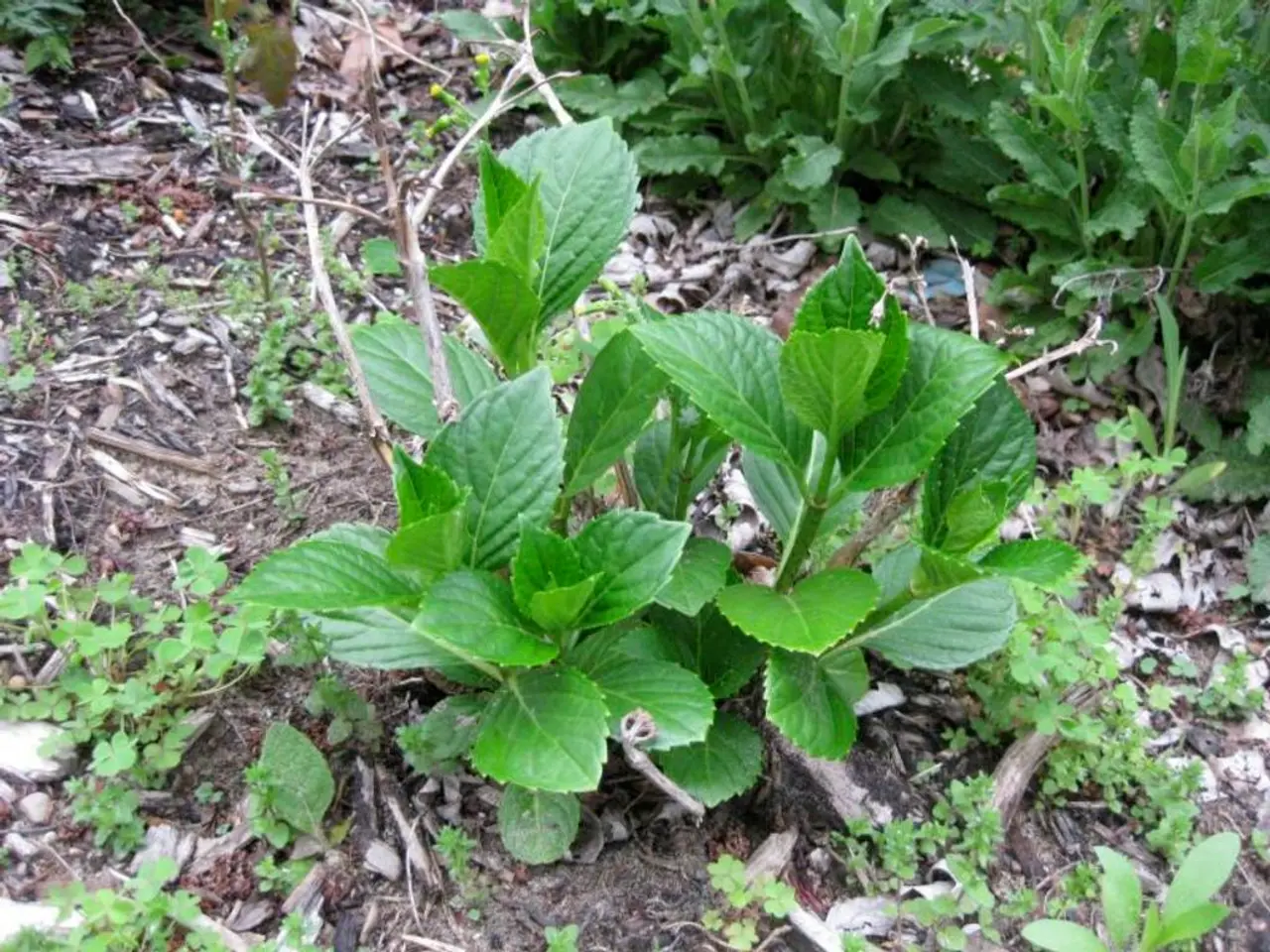Small Vegetation Suitable for a 6-Inch Planting Space
In the realm of container gardening, selecting the right soil depth is crucial for the healthy growth of your plants. Whether you're growing vegetables, herbs, fruits, or flowers, understanding the soil requirements of each plant type can lead to a thriving garden.
For deep-rooted plants, such as tomatoes and peppers, deep containers are essential. A minimum depth of 12 inches is recommended to accommodate their extensive root systems and ensure healthy growth. Root vegetables like carrots also require deep pots to accommodate their long roots. On the other hand, shallow-rooted leafy greens like lettuce and bok choy do well in shallower containers, typically 6-8 inches deep.
Many common herbs, such as basil, parsley, chives, and mint, thrive in containers about 6-8 inches deep, providing enough space for their relatively shallow root systems.
Small fruits suitable for containers, such as dwarf tomato and pepper varieties, also need deep containers similar to other vegetables (12 inches or more). Other fruits may require larger, deeper containers depending on the species.
Most flowering plants require at least 6-8 inches of soil to establish roots adequately. Bulbs or tubers generally need deeper soil similar to root vegetables.
To ensure a successful container garden, it's essential to consider other factors beyond soil depth. Containers should have good drainage holes to prevent waterlogging, and use fertile, well-draining soil mixes appropriate to the plant type. Adding organic fertilizers or amendments can enhance growth. Soil pH for most vegetables grows best between 6.0 and 7.0.
When choosing a container, opt for materials like cedar, steel, and terra cotta clay for herb gardens. The container should be at least 6 inches deep but ideally a foot deep, and wider for multiple herbs. It should have drainage holes.
When planting herbs, consider water preferences when planting herbs together. Plant herbs with similar water needs together, and harvest leaves often for sunlight and air circulation. Mint is an exception and should be grown in its own container.
Container gardening offers benefits over traditional in-ground planting, including better control over soil mix, nutrients, and moisture levels. With the right soil depth and care, you can enjoy a bountiful harvest from your container garden.
Here's a list of plants that can grow in 6 inches of soil: - Fruits: Strawberries - Herbs: Basil, chervil, chives, cilantro, dill, mint, oregano, spinach, rosemary, thyme - Shallow-rooted plants: Azaleas, chives, coral bells (Heuchera), gold dust (Basket of Gold), yarrow, rhododendron, strawberries, butternut squash, butterfly bush, foxtail lily, hortensia hydrangeas, Barbados aloe, gardenia, crepe myrtle - Vegetables: Lettuce, squash (cherry or beefsteak), tomatoes, cucumbers, carrots (Chantenay and Round varieties), corn, broccoli, cabbage (Chinese cabbage), potato (fingerling), peppers (chilli and bell), asparagus, Asian greens, beans, garlic, onion, peas, radish, shallots, zucchini.
- For herb gardening, opt for containers that are at least 6 inches deep but ideally a foot deep, and wider for multiple herbs, with drainage holes, suitable for materials like cedar, steel, and terra cotta clay.
- Many flowering plants, such as azaleas, gold dust (Basket of Gold), yarrow, and gardenia, require at least 6-8 inches of soil to establish roots adequately, with some, like barbados aloe and crepe myrtle, preferring deeper soil.
- Some vegetables, like lettuce, squash (cherry or beefsteak), tomatoes, cucumbers, and peppers (chilli and bell), can grow in shallow containers of about 6-8 inches, while others, like carrots (Chatenay and Round varieties), require deep pots due to their long roots.




